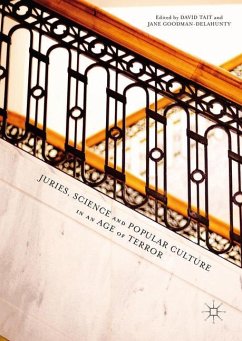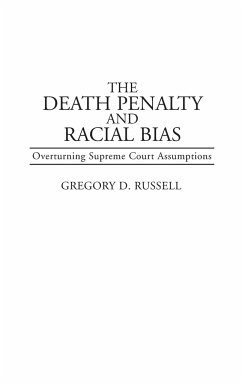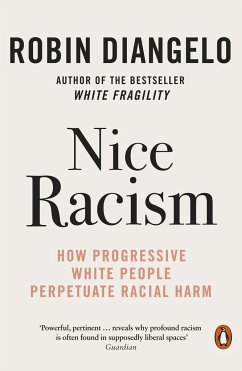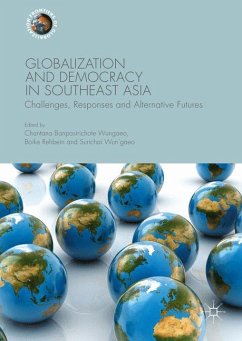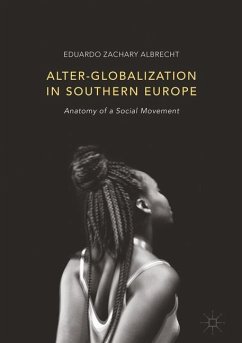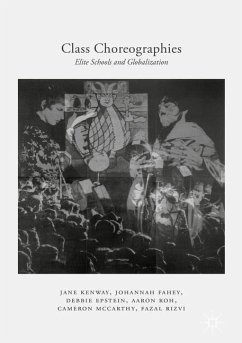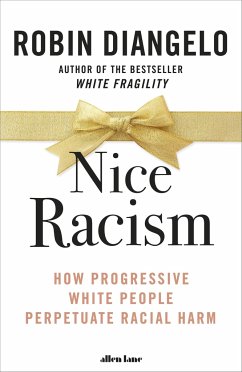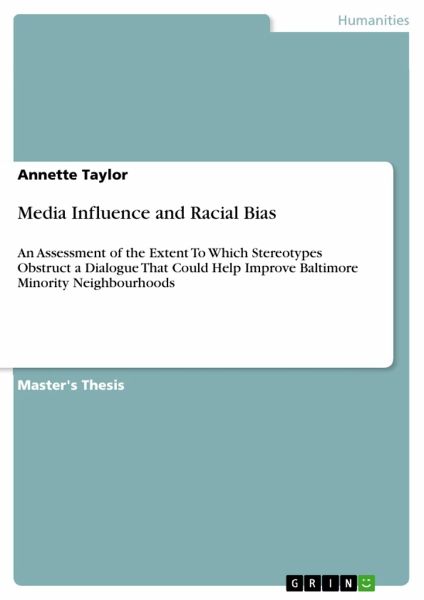
Media Influence and Racial Bias
An Assessment of the Extent To Which Stereotypes Obstruct a Dialogue That Could Help Improve Baltimore Minority Neighbourhoods
Versandkostenfrei!
Versandfertig in 1-2 Wochen
27,95 €
inkl. MwSt.

PAYBACK Punkte
0 °P sammeln!
Master's Thesis from the year 2016 in the subject Social Studies (General), grade: 90.00, University of East London, language: English, abstract: The research explored the realities of those who live within some of Maryland's poorest neighbourhoods in West Baltimore. The study analysed the correlation between media bias and poor housing and how the stereotypes by the media have obstructed dialogue. The research analyzes Habermas' dialogue and how it could possibly be useful to bring about change in West Baltimore. There are plenty of benefits for the West Baltimore area, using this approach. C...
Master's Thesis from the year 2016 in the subject Social Studies (General), grade: 90.00, University of East London, language: English, abstract: The research explored the realities of those who live within some of Maryland's poorest neighbourhoods in West Baltimore. The study analysed the correlation between media bias and poor housing and how the stereotypes by the media have obstructed dialogue. The research analyzes Habermas' dialogue and how it could possibly be useful to bring about change in West Baltimore. There are plenty of benefits for the West Baltimore area, using this approach. Content analysis was an appropriate route used for the methodology as it looked at several different variables of media to prove media bias and stereotypes. By looking through various empirical studies, watching the news and reviewing online news articles, this research looks at the impact media stereotypes have on West Baltimore's housing issues. Content analysis also helps to see how American media perpetuates minorities on television, through written media and the radio as well. The dialogue aspect will look at the factors of how race tends to be a difficult topic to speak on in the first place. Through my research, I believe there are theoretical propositions that media stereotypes are the cause of the obstruction of dialogue to improve poor housing. Feminist and critical race theory were used to tackle this subject that deals with poor minorities. Through genuine conversations and an earnest want for change, dialogue can influence a great deal of the population of Baltimore. This dissertation will add onto the limited literature of this topic and bring about a different perspective of how to undertake media bias and its influence on the public and the outcomes it has on housing issues. The research found that there was a correlation between media bias and stereotypes and the reasoning there is still poor housing and an array of issues, in minority neighbourhoods.Discrimination from an historical aspect as well as in the workforce and several other areas are linked to poor housing and segregation in West Baltimore. The research looks at the history of Baltimore to develop the context behind the poor housing. Then looks at the main stereotypes of African American and other minorities and moves onto what the media displays and the comparisons to reality and actual facts. This research concludes that through constant dialogue and the removal of bias in media, the promotion of diversity can help to improve Baltimore's poor housing crisis.



